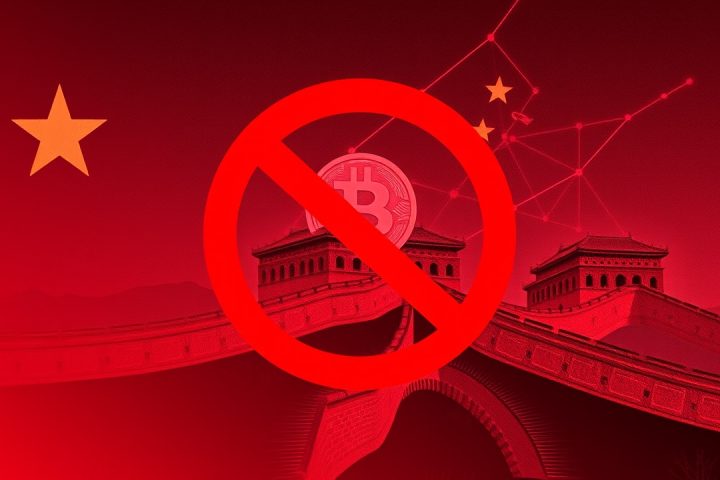Statement Summary
The final event of the Crypto Task Force series reflects on the diverse perspectives gathered during the roundtables, highlighting the complexity of the cryptocurrency industry. Key themes include regulatory jurisdiction, particularly for non-SEC registered entities, and the evolving needs of current SEC registrants seeking tailored oversight for new technologies.
The discussions have illuminated various opinions on the underlying technologies of digital assets and the regulatory challenges posed to market transparency and investor protection. The SEC is recognizing the need for a careful and deliberative approach to regulation rather than rushing to implement changes, emphasizing the importance of a formal rulemaking process that allows for public input. The goal remains to find a balanced regulatory framework that supports innovation while safeguarding market integrity.
Original Statement
Good afternoon. As we begin the final event of this Crypto Task Force series, I think this is a good opportunity to reflect on what has come out of these roundtables and where the Task Force, and the Commission, are going from here. These roundtables have highlighted that crypto is far from a monolith. We have heard a markedly diverse set of viewpoints, from many different segments of the industry.
We have heard, for example, from many non-SEC registered entities with varying views on whether they or their products should be required to register and be subject to SEC jurisdiction. I expect that this will be a key theme of today’s DeFi panel. Back in November 2021, I wrote an article detailing my views on the opportunities and challenges of DeFi, which I believe require industry and regulatory collaboration to develop compliant solutions. The issues I raised in that article related to market structure, transparency, and retail investor protection, among others, still remain questions today, so I look forward to hearing the panelists’ views on how we should approach these challenges.
Beyond issues related to registration and jurisdictional lines, other roundtables have focused on current SEC registrants who want to continue operating under SEC oversight, but with altered regulatory requirements tailored to new types of products and technologies.
In addition to these varied and sometimes competing regulatory views, we have heard different opinions on the technologies underlying digital asset products and services. We have heard panelists highlight advantages or disadvantages of particular technologies, and give differing predictions on their capabilities to function effectively as part of a large, complex securities market.
In sum, these roundtables have given us a lot to grapple with, to say the least. While the series was billed as a “spring sprint towards crypto clarity,” I am unsure whether we’ve identified much that can be simply or quickly clarified. When it comes to crypto, it does not appear to me that the SEC is facing problems with ready or easy solutions. What we are facing is heightened expectations of rolling out major changes —quickly— to pave the way for crypto expansion into the capital markets.
With issues this complex and stakes this high, it’s better to do it right than fast. We need to grapple with the tough questions through the legally sanctioned process of formal rulemaking, as Chairman Atkins alluded to earlier, with full opportunity for notice and comment and public interest findings. I look forward to engaging with my fellow Commissioners, the staff, and the public on what I hope will be a thoughtful and mission-driven rulemaking process for this space. Thank you.
[1] Commissioner Caroline A. Crenshaw, Statement on DeFi Risks, Regulations, and Opportunities (Nov. 9, 2021).




